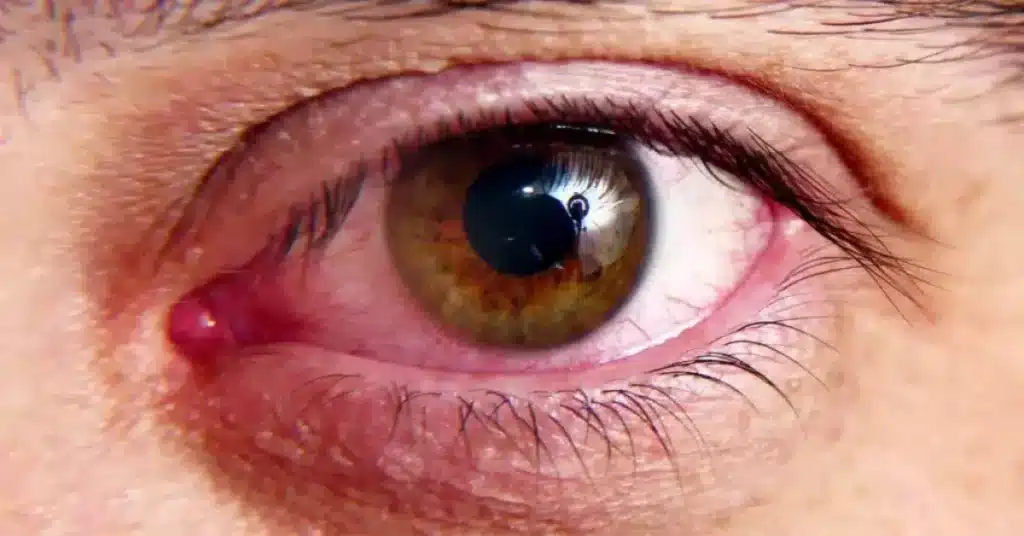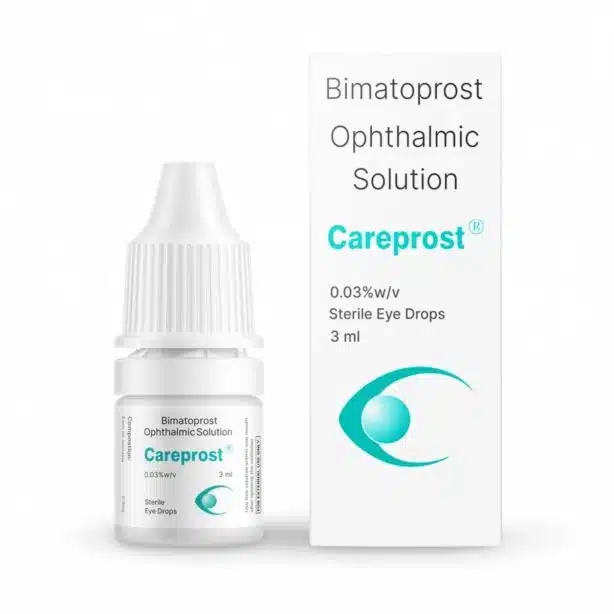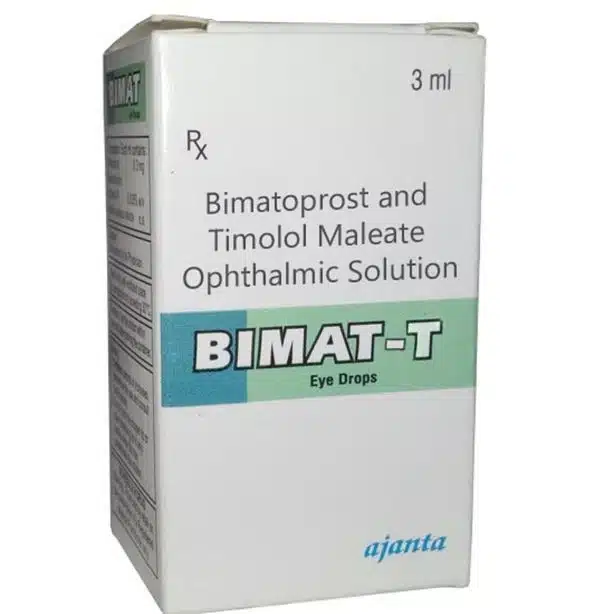Watery eyes occur when there is an overproduction or insufficient drainage of tears from the eyes.
It is a common problem and is often associated with allergies or infections.
However, can watery eyes be a symptom of Cancer?
Yes, severe cases of watery eyes can also be a symptom of medical conditions like Cancer.
Let us explore the connection between watery eyes and Cancer in detail.
Can watery eyes be a symptom of Cancer?
Yes, watery eyes can be a rare symptom of Cancer.
Cancer can lead to an increased production of tears, but it is also more commonly linked with the blocking of the eye drainage system.
Watery eyes could be a symptom of the following types of Cancer:
- Lymphoma: Cancer of the lymphatic system
- Squamous Cell Carcinoma: Type of Skin Cancer caused by the overproduction of squamous cells in the skin’s top layer
- Basal Cell Carcinoma: Type of Skin Cancer caused mostly due to sun exposure
- Adenoid Cystic Carcinoma: Rare Cancer that mainly affects the salivary glands or parts of the head & neck
However, having watery eyes doesn’t necessarily mean you have a certain kind or stage of Cancer.
How do you identify Cancer-related watery eyes?
 Source: RapidEye
Source: RapidEyeWatery eyes are not always a sign of Cancer. However, people want to know about how to identify Cancer-related watery eyes.
The factors that may suggest a potential link to Cancer are constant watery eyes, often accompanied by other symptoms.
One should observe if the watery eyes persist for a long period without a clear cause.
Consult a doctor if the chronic tearing does not improve with home remedies or treatment options.
Also, Cancer-related watery eyes are often accompanied by other symptoms like vision changes, eye pain, red eyes, or eyelid lumps.
Consult an eye expert immediately if you experience the above additional symptoms.
Can Cancer treatment cause watery eyes

Yes, Cancer treatment can cause watery eyes as a rare side effect of specific therapies.
Research states that Chemotherapy, radiation therapy, and certain targeted therapies may increase tearing by damaging the tear ducts.
Also, some Cancer treatment medicines can lead to watery eyes by swelling the tissues and blocking tear drainage.
The medicines include chemotherapy medications like Capecitabine, targeted medicines like Imatinib, and immunotherapy medicines like Ipilimumab.
However, Cancer-related watery eyes are often temporary and resolve after the treatment is over.
The doctors may give some aftercare instructions and prescribe artificial tears or lubricating eye drops to help alleviate discomfort.
Key takeaways
Watery eyes are a common problem that occurs when there is an overproduction of tears or insufficient drainage from the eyes.
However, can watery eyes be a symptom of Cancer?
Yes, watery eyes can be a rare symptom of Cancer. However, not all cases of watery eyes indicate Cancer.
The Cancers that may cause watery eyes include Lymphoma, Squamous Cell Carcinoma, Basal Cell Carcinoma, and more.
The treatment options for Cancer-related watery eyes include surgery, chemotherapy, targeted therapy, or radiation therapy.
Consult an eye expert to get a proper diagnosis and treatment plan.
Frequently Asked Questions
Can a brain tumor cause eye watering?
Yes, eye watering can be a rare cause of brain tumors. The increase in intracranial pressure of the optic nerve can lead to symptoms such as watery eyes.
One may also experience persistent eye watering along with other symptoms like vision changes, headaches, and more.
Are there any treatment options for watery eyes Cancer?
When watery eyes are associated with Cancer, the treatment process is determined by the specific type and severity of Cancer.
The treatment options for Cancer-related watery eyes include surgery, chemotherapy, targeted therapy, or radiation therapy. However, consult a doctor before starting any treatment.
What are the common causes of watery eyes?
Common watery eyes causes include allergies, irritants (like smoke or wind), infections, Dry Eyes, blocked tear ducts, and more. Consult an eye expert for persistent watery eyes.
How are Cancer-related watery eyes diagnosed?
Cancer-related watery eyes are diagnosed through a combination of clinical evaluation and diagnostic tests. The doctor will examine symptoms and may conduct imaging studies such as CT scans or MRIs to identify abnormalities.
When should I be concerned about watery eyes?
You should be concerned about watery eyes if the condition persists for a long period of time and is accompanied by changes in vision, eye pain, redness, and more.
When referencing outside resources, GoodrxMedicine always provides full citations. To learn more about the measures we use to maintain the quality of our content, please review our Content Information Policy.















